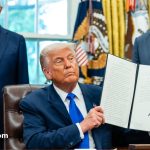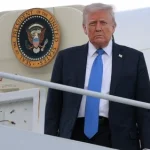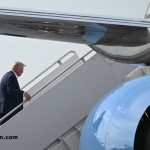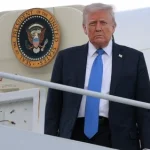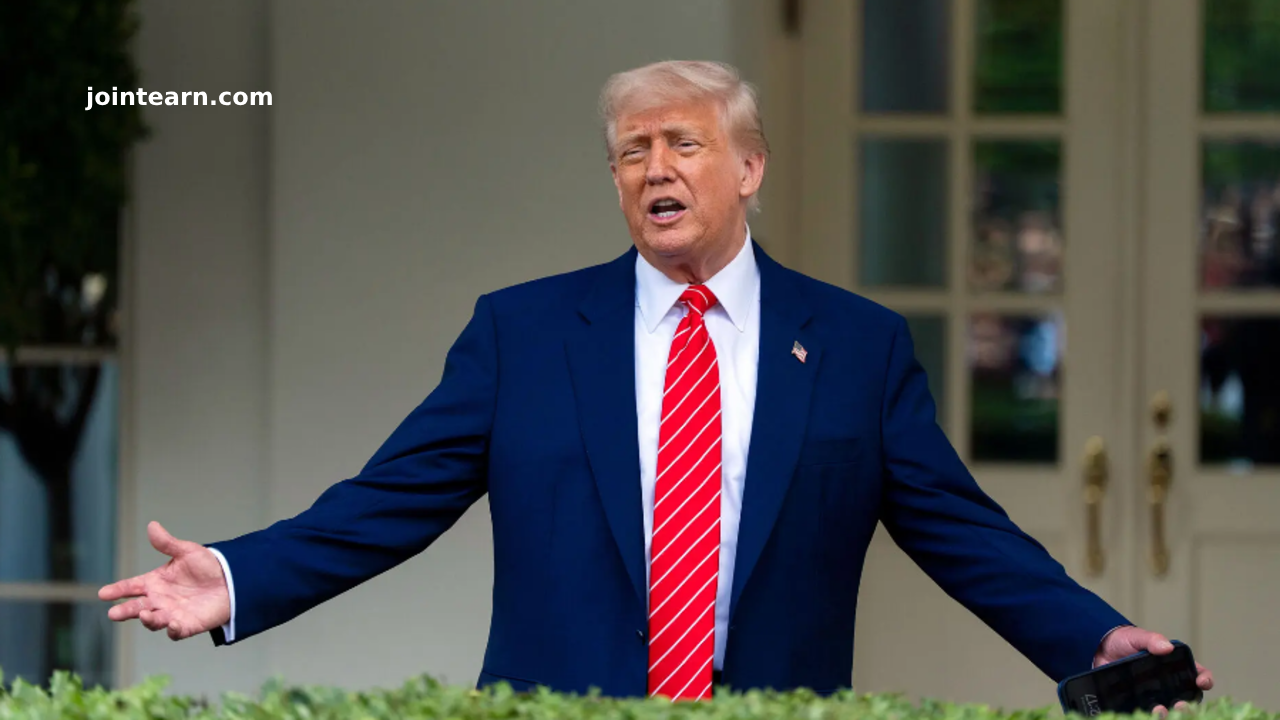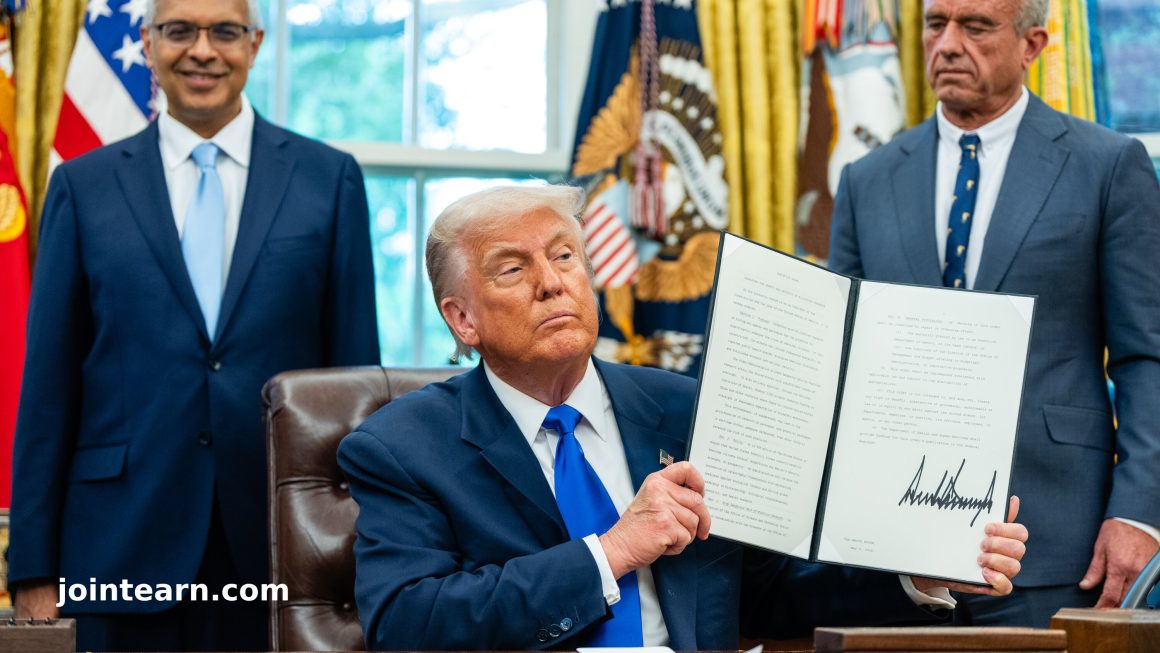In a recent development that could shape the future of global trade, President Trump suggested a “total reset” in US-China trade relations during ongoing tariff discussions in Switzerland. In a post on his Truth Social platform, Trump called the meeting “very good” and announced significant progress, emphasizing that the negotiations were conducted in a “friendly, but constructive manner.”
“We want to see, for the good of both China and the U.S., an opening up of China to American business. GREAT PROGRESS MADE!!!” Trump declared, underscoring his commitment to advancing trade ties between the two economic giants.
Tensions Continue Despite Progress
However, while Trump expressed optimism, reports from China suggested that the talks were far from straightforward. According to the official Chinese news agency, the country was determined to “firmly reject any proposal that compromises core principles or undermines the broader cause of global equity.” This statement reflects the complex and ongoing nature of the tariff dispute, indicating that while both sides are engaging in discussions, key issues remain unresolved.
The latest round of tariff talks between the US and China has come at a critical juncture for global markets, which have been rattled by escalating trade tensions and unpredictable policy shifts. With Trump’s administration now in its second term, the economic consequences of his tariff policies continue to weigh heavily on relationships with trading partners like China, the European Union, and Canada.
Trump’s De-escalation Strategy
Commerce Secretary Howard Lutnick recently commented on the Trump administration’s broader strategy regarding tariffs, revealing that while the president seeks to de-escalate tensions with China, he remains firm on one point: the US cannot continue to run a trillion-dollar trade deficit.
“The president would like to work it out with China, as he said, he’d like to de-escalate it. But look, he’s not going to live with a trillion-dollar deficit,” Lutnick explained in an interview. “So the idea is to de-escalate, but let’s get China trade right, and let’s get trade deals with the rest of the world. Let’s cut our trade deficit down. Let’s grow our GDP.”
This statement reveals that while President Trump is open to negotiations, his administration’s stance on addressing the trade imbalance with China remains a priority. The focus will likely be on revising trade terms in a way that reduces the US’s trade deficit while fostering more equitable business relations between the two nations.
The Future of US-China Trade
The US-China trade relationship remains one of the most significant factors influencing the global economy. Both countries are major players in international trade, and any changes in their tariffs and trade policies have ripple effects worldwide. As the talks continue, the outcomes of these discussions will be pivotal not only for US-China relations but also for the global economic landscape.
